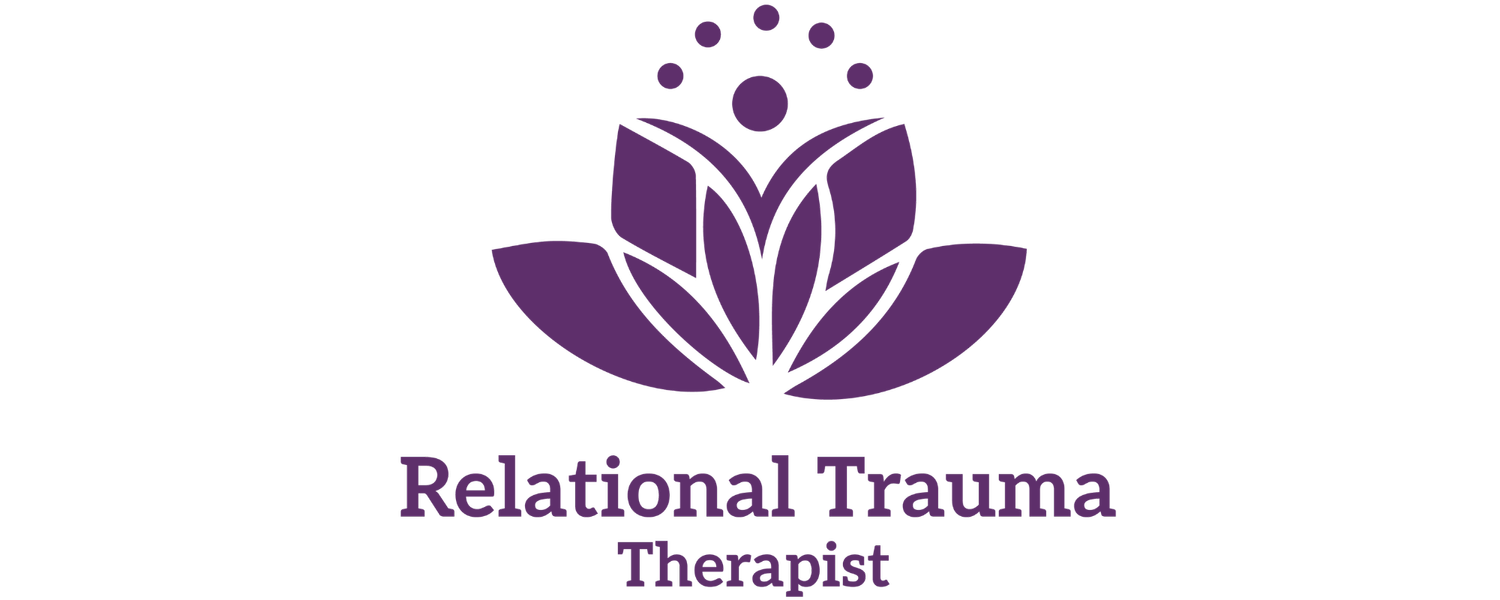When the Narcissist Goes Silent: Understanding the Punishment Tactic
You bring something up that upset you. You express a boundary. You say "no."
And suddenly? Silence.
Not the peaceful kind. Not the kind where both people take space and come back to reconnect. No—this is different. This is the cold shoulder. The punishment. The days (or weeks) of being ignored, iced out, and made to feel like you did something wrong. This is the narcissist’s silent treatment. And it is a deeply harmful emotional abuse strategy. This toxic pattern is often a part of the narcissistic abuse cycle, where manipulation replaces connection and punishment takes the place of communication.
Why They Do It
The narcissist's silent treatment is all about power and control. When a narcissist feels threatened, criticized, or out of control, they often resort to silence as a way to punish you and regain the upper hand.
It sends a message: I’m not going to give you the comfort of my attention until you come crawling back.
Sometimes, it’s used to avoid accountability. Other times, it’s a tactic to reset the dynamic, making you feel small so they can feel superior again. This is not just silence. It’s a narcissistic abuse tactic. A punishment strategy designed to make you question yourself. This type of behavior is also characteristic of covert narcissistic abuse—manipulative yet subtle, leaving victims confused and emotionally destabilized.
In fact, research shows this isn’t just anecdotal. A 2022 study, When Silence Speaks: Exploring Reasons of Silent Treatment from Perspective of Source (Agarwal et al., 2022), found that silent treatment is most often used to punish, manipulate, or assert power over the other person. PsychCentral (2024) also describes the silent treatment as a form of emotional abuse commonly linked to narcissistic personality disorder, underscoring how it functions as a control tactic rather than a healthy conflict response
Understanding the stages of narcissistic abuse can help you identify these patterns earlier and build resilience.
How It Hurts You
When you’re on the receiving end of the silent treatment, it deeply unsettles your nervous system. Your brain reads the rejection as danger. You start to:
Question what you did wrong
Feel desperate for reconciliation
Blame yourself to "restore peace"
And the narcissist knows this. That’s why they do it. This kind of toxic silence trains you to walk on eggshells. It makes you feel like connection is something you have to earn. And it slowly erodes your self-trust. Victims of narcissistic abuse often experience symptoms that mirror PTSD from narcissistic abuse, including hypervigilance, anxiety, and emotional dysregulation.
In some cases, relational trauma recovery may require professional support from a trauma informed therapist or a narcissistic abuse therapist near me.
What It Looks Like
They ignore your calls or texts after a disagreement
They act "normal" in front of others but go completely cold with you behind closed doors
They withhold affection, conversation, or acknowledgment
They pretend you don’t exist until you apologize for something you didn’t do
This is not emotional maturity. This is manipulation. These behaviors reflect classic signs of narcissistic abuse, and over time, they contribute to emotional damage that can mimic the symptoms of complex trauma.
If you're searching for help, consider looking for a therapist specializing in trauma or cognitive behavioral therapy near me to begin the healing process.
How to Protect Yourself
If you’re dealing with someone who uses the silent treatment as a weapon, here’s what can help:
Recognize it as manipulation. You are not crazy. This is a control tactic.
Resist the urge to chase. Don’t beg for attention or "fix" something that isn’t yours to fix.
Set boundaries. Let them know silence will not be rewarded. Choose your peace over their approval.
Get support. You don’t have to navigate narcissistic abuse recovery alone. Friends, therapists, and survivor communities can be lifelines.
You deserve healthy communication, not control. The narcissist’s silence isn’t proof that you messed up. It’s proof that they don’t know how to handle conflict in a healthy, respectful way. Understanding how a narcissist thinks helps you detach from the guilt, confusion, and emotional damage they create.
Healing begins with education; learning how narcissists think, identifying manipulation tactics, and seeking therapy when needed.
Whether through cognitive behavioral therapy, trauma recovery coaching, or support from a narcissist abuse therapist near you, you have the power to break the cycle and rebuild trust in yourself.
And you? You’re allowed to want more than punishment disguised as peace.
FAQs
Why do narcissists go silent?
Narcissists often go silent to regain control, manipulate emotions, or punish their partner for not meeting their expectations. This narcissist silent treatment is a form of emotional abuse used to assert dominance and make the victim feel powerless.
Is the narcissist's silent treatment a form of abuse?
Yes. The silent treatment from a narcissist is considered emotional abuse because it withholds communication and affection to inflict psychological distress and control the other person.
How does therapy help after experiencing the narcissist's silent treatment?
Working with a narcissistic abuse therapist or relational trauma therapist helps individuals rebuild emotional safety, recognize manipulation tactics, and regain a sense of self-worth after enduring emotional punishment.
Can trauma therapy help break the cycle of narcissistic punishment?
Absolutely. Trauma therapy focuses on identifying trauma responses, regulating emotions, and helping survivors stop internalizing the narcissist’s blame, ultimately promoting healing and empowerment.
How should you respond when a narcissist goes silent?
When a narcissist goes silent, the best response is to maintain emotional distance, set firm boundaries, and seek support from a trauma-informed therapist. Avoid chasing or apologizing for things you didn’t do, this only reinforces their control.


